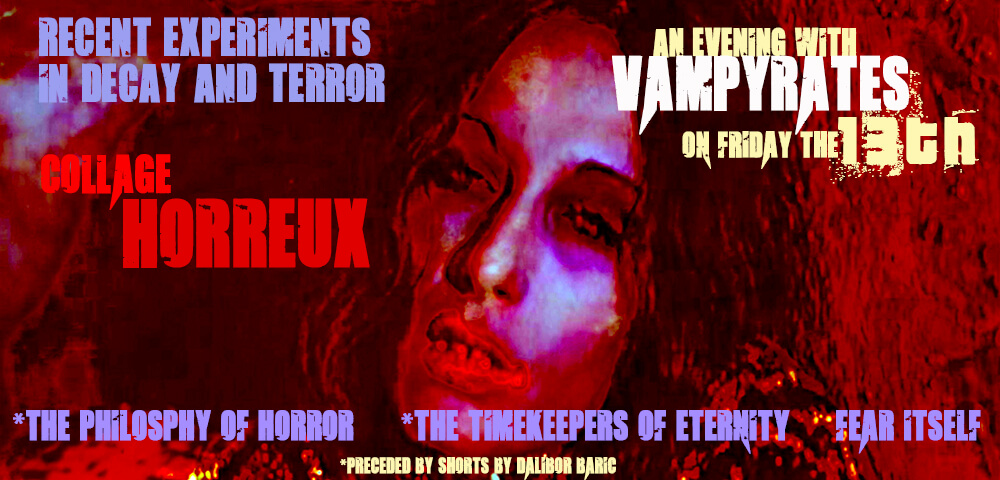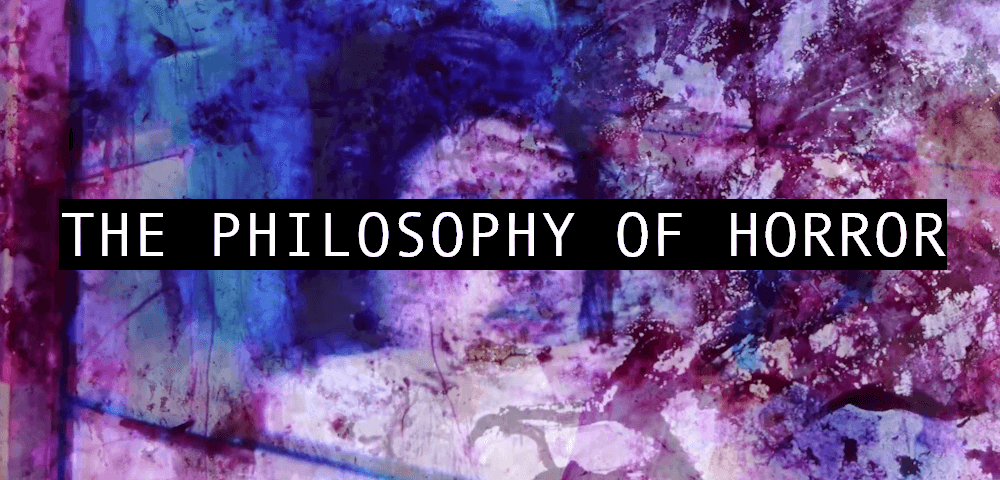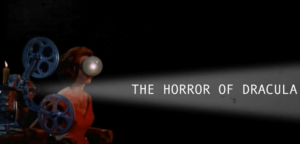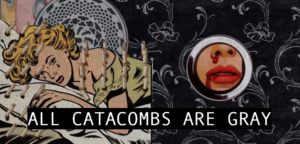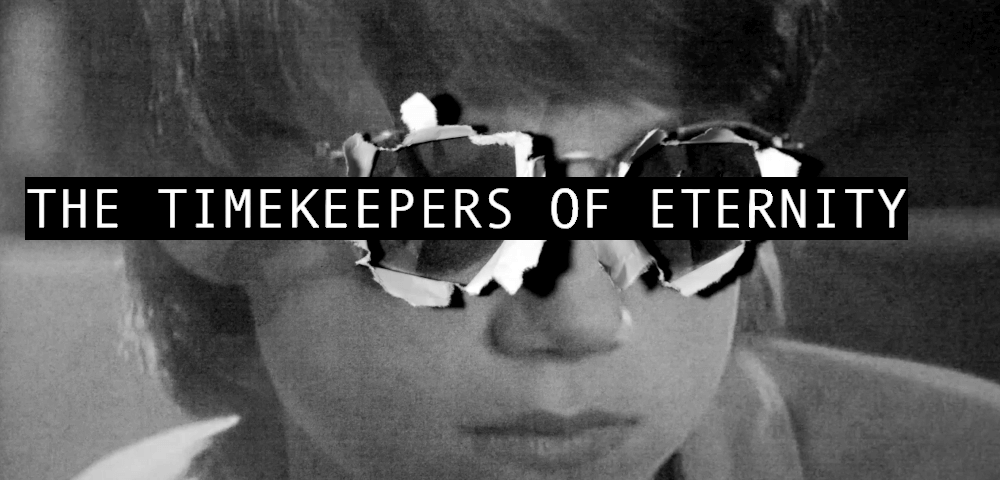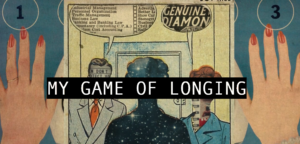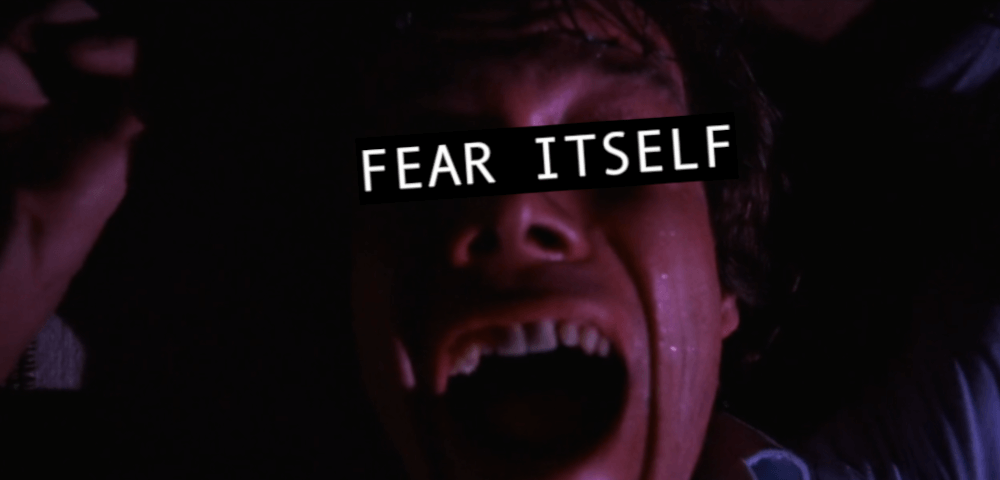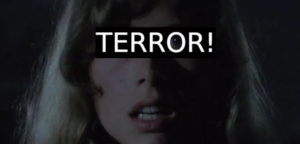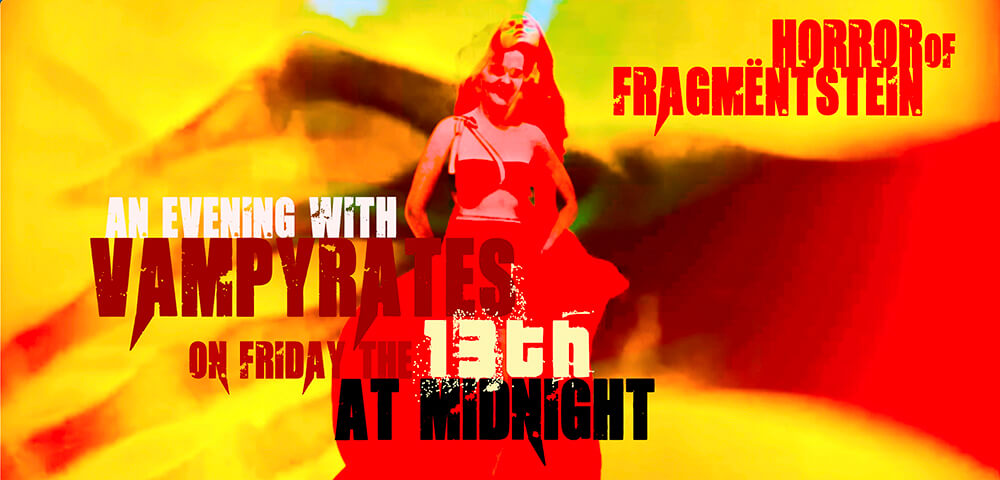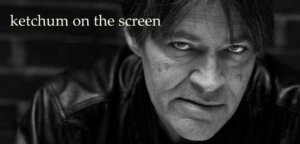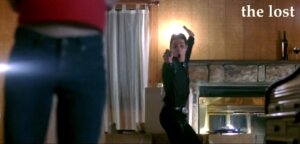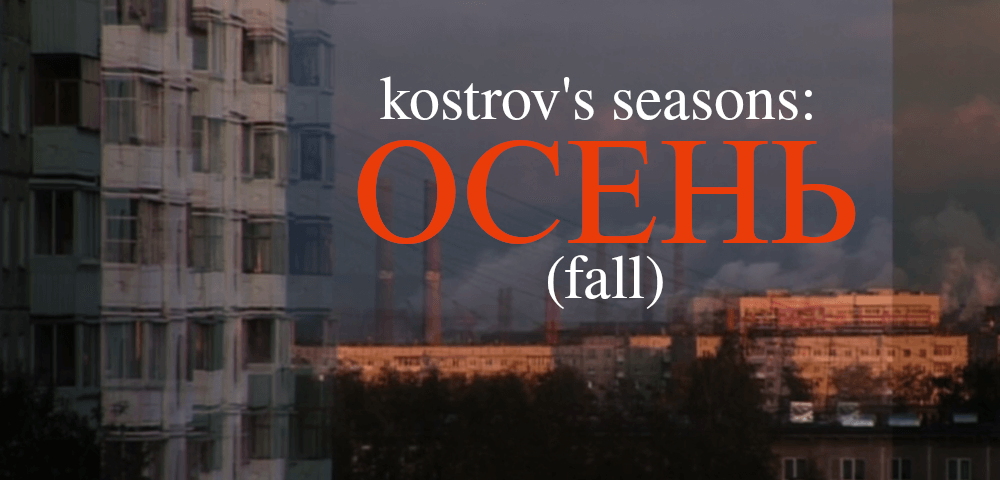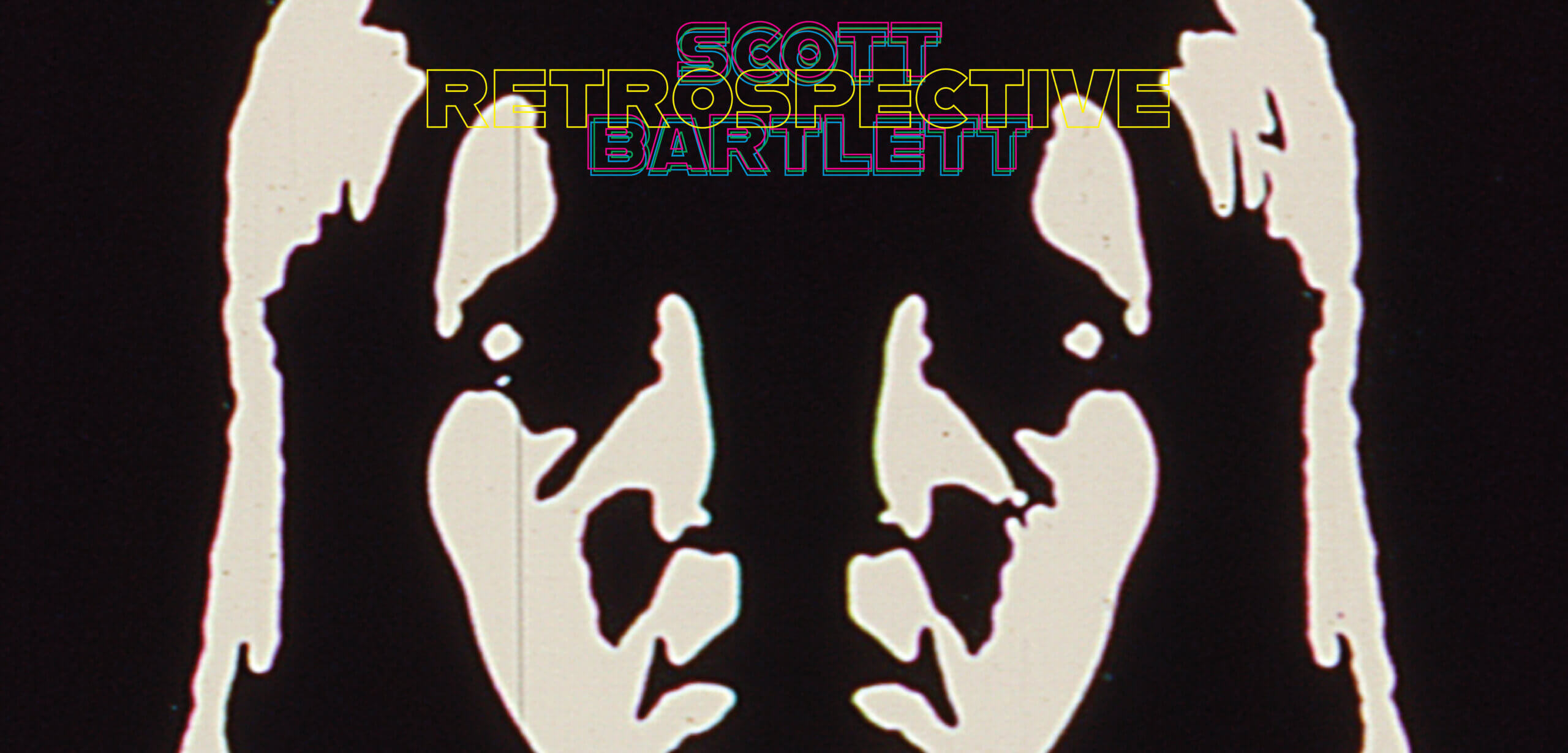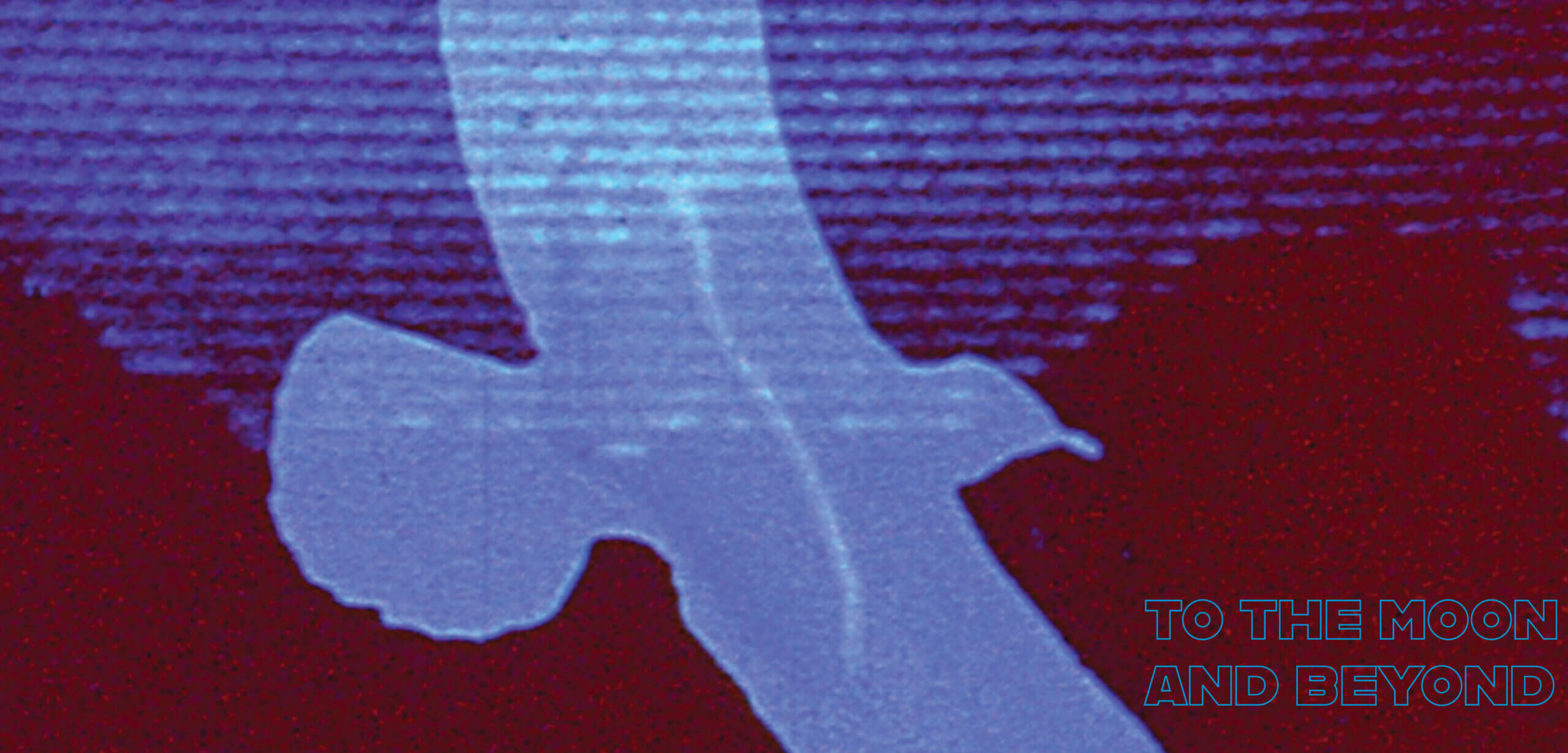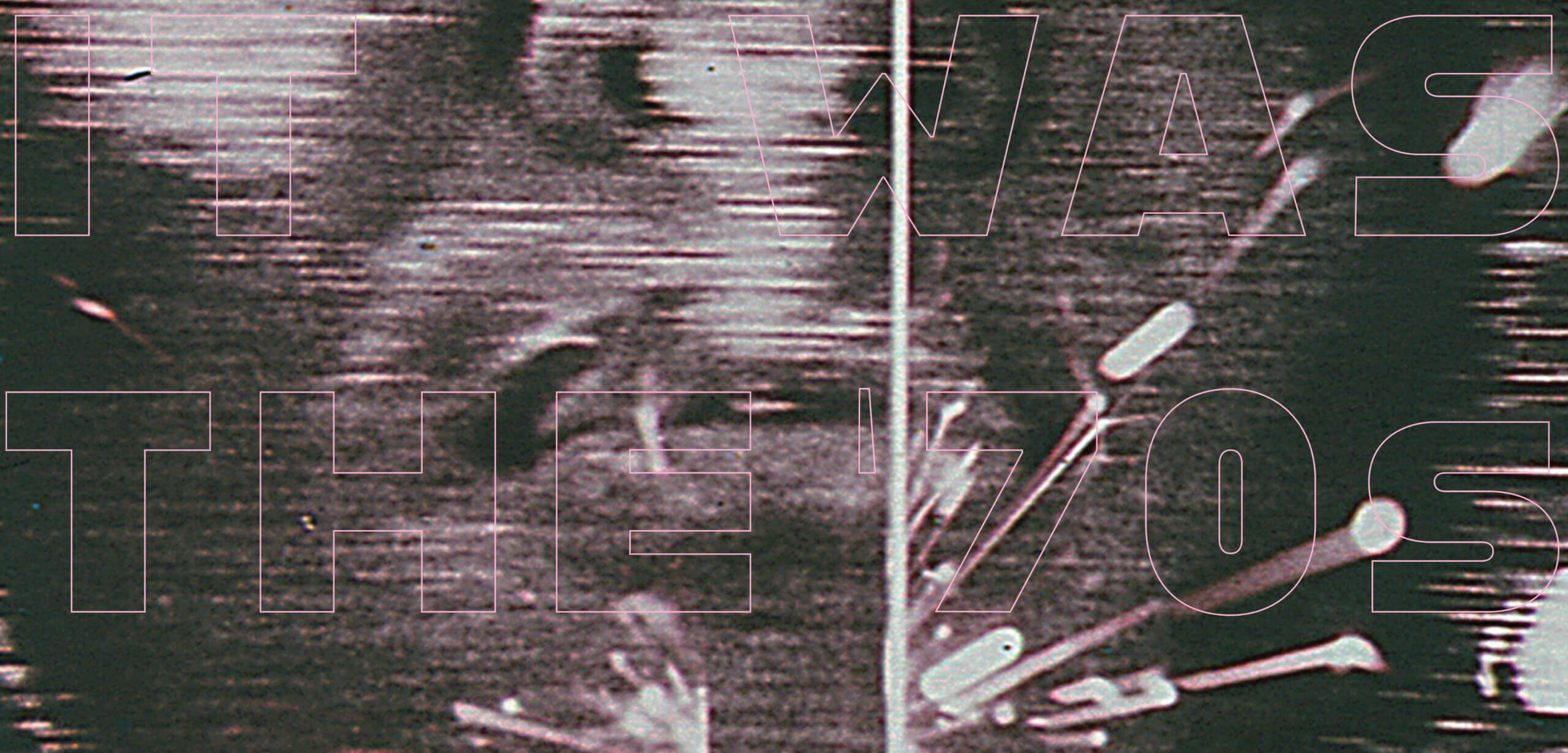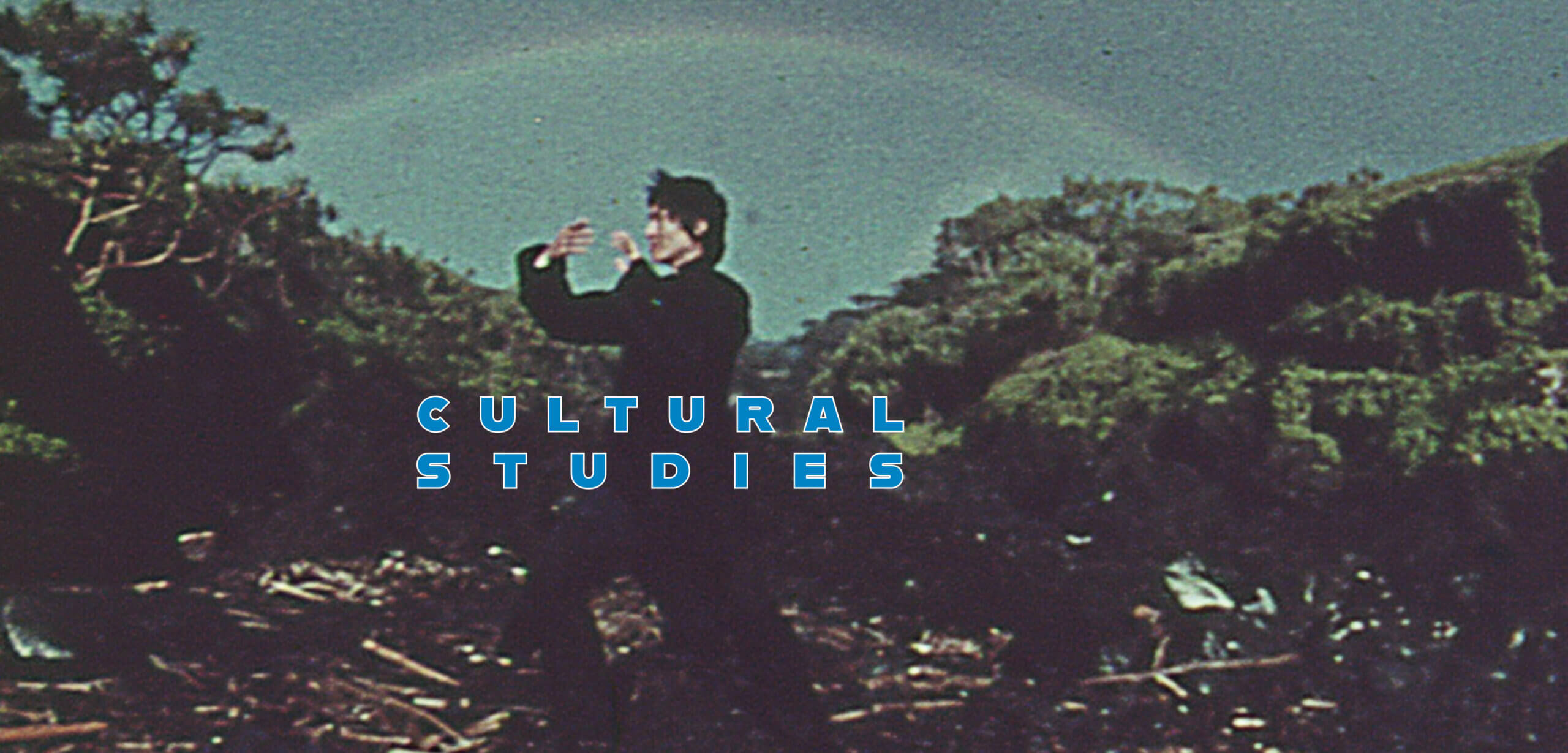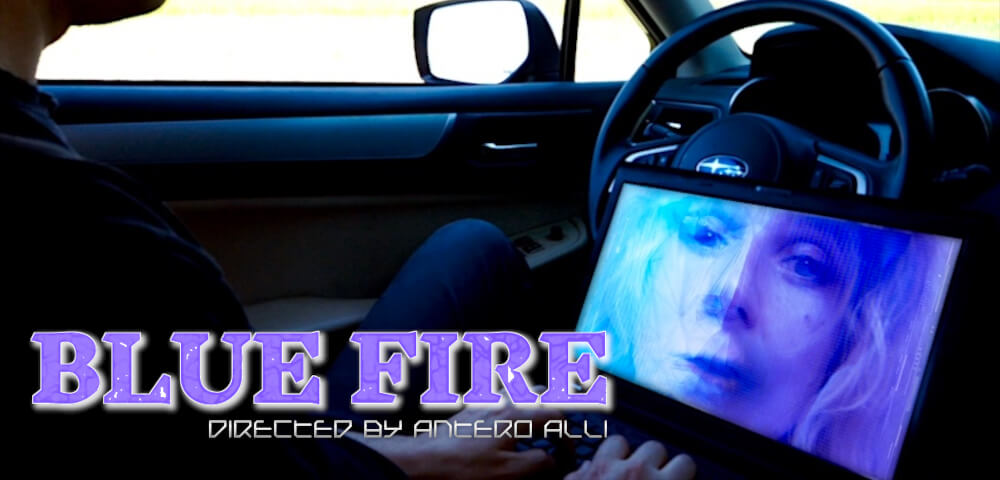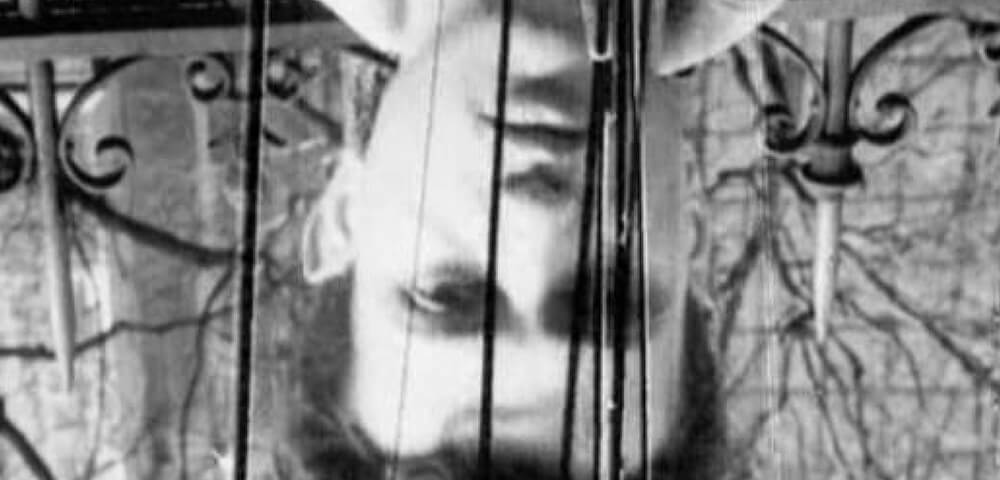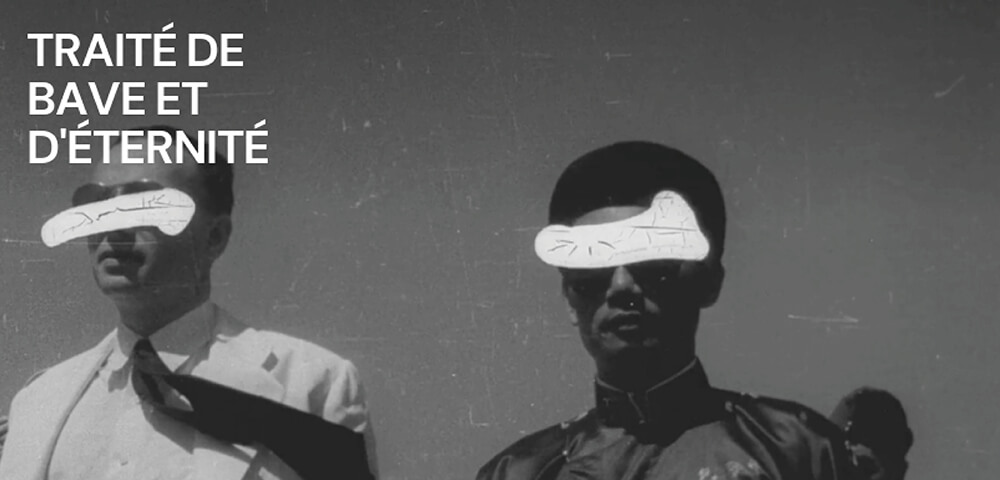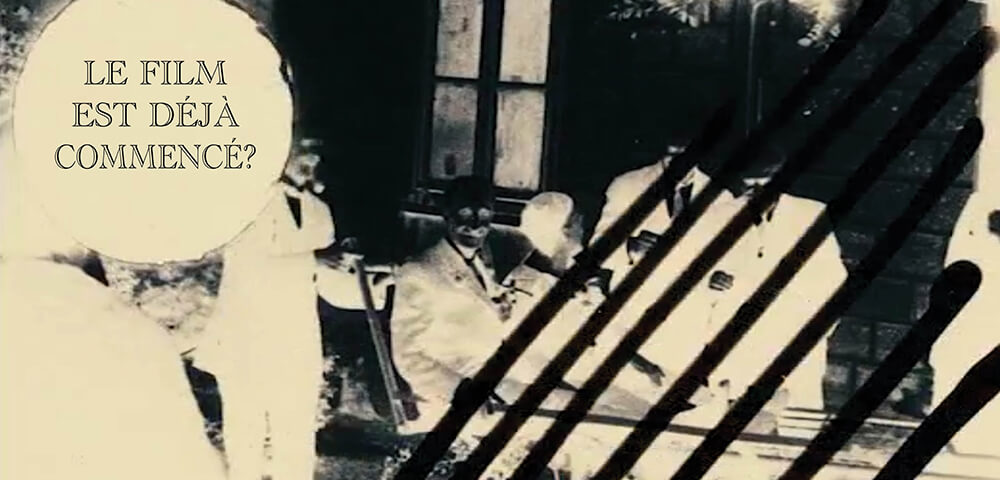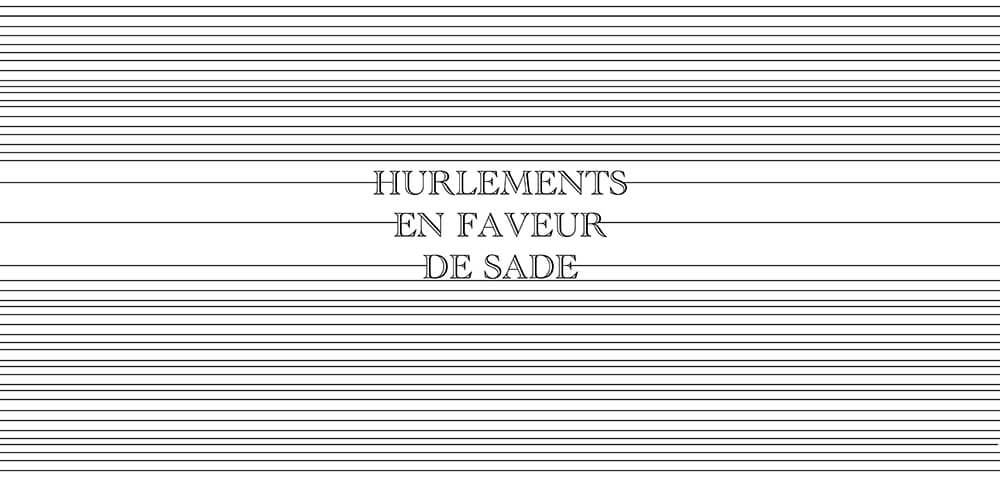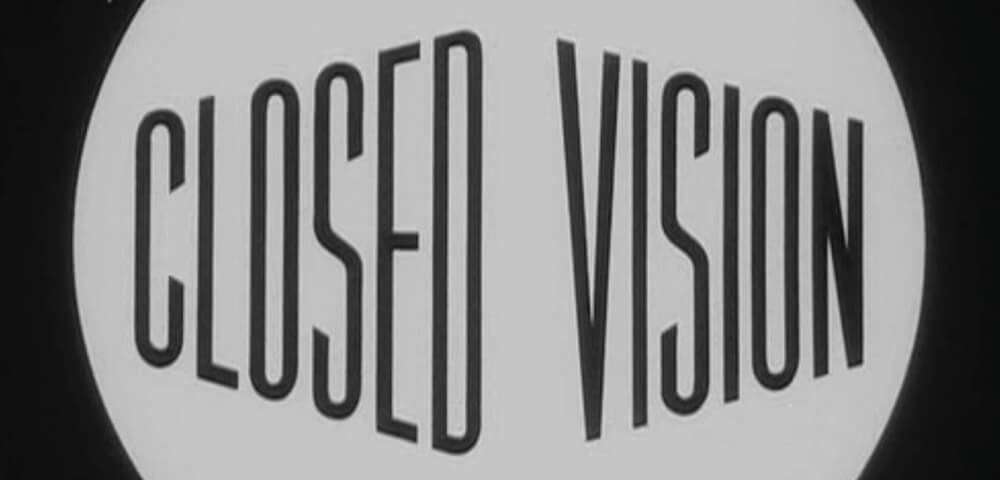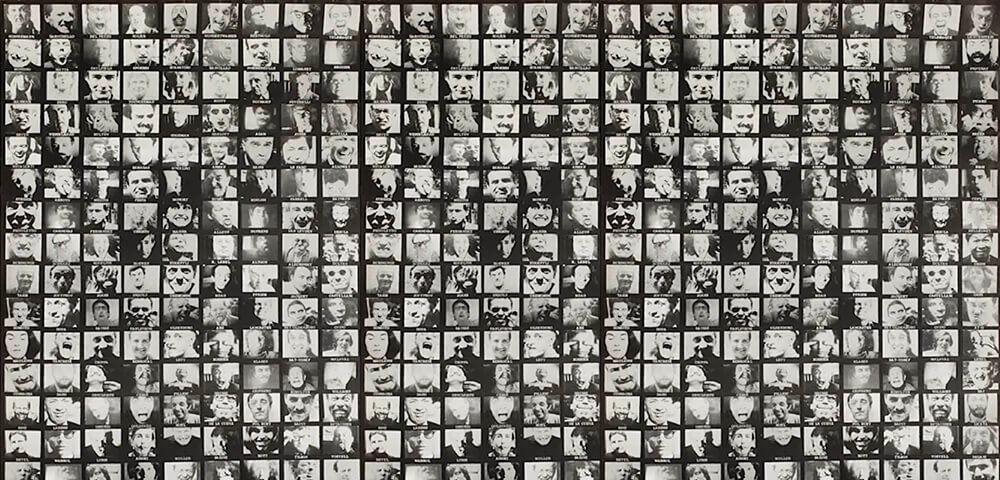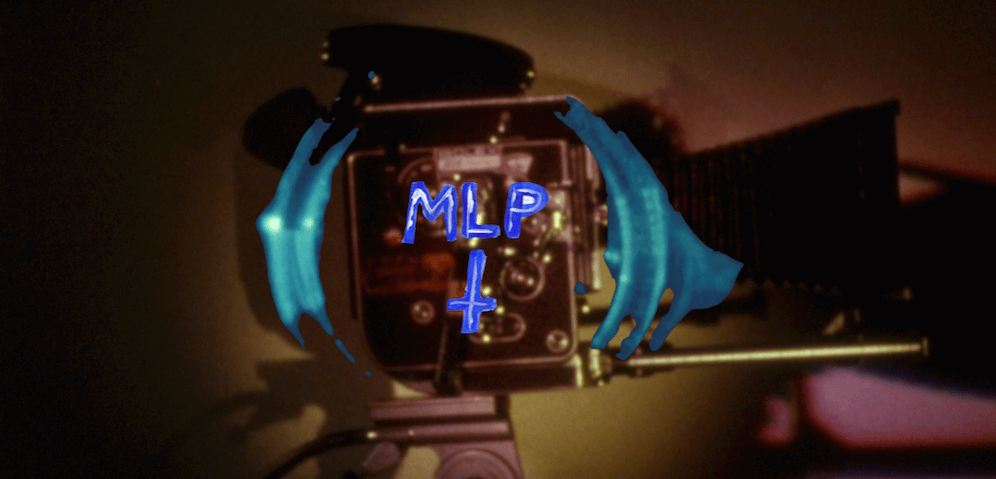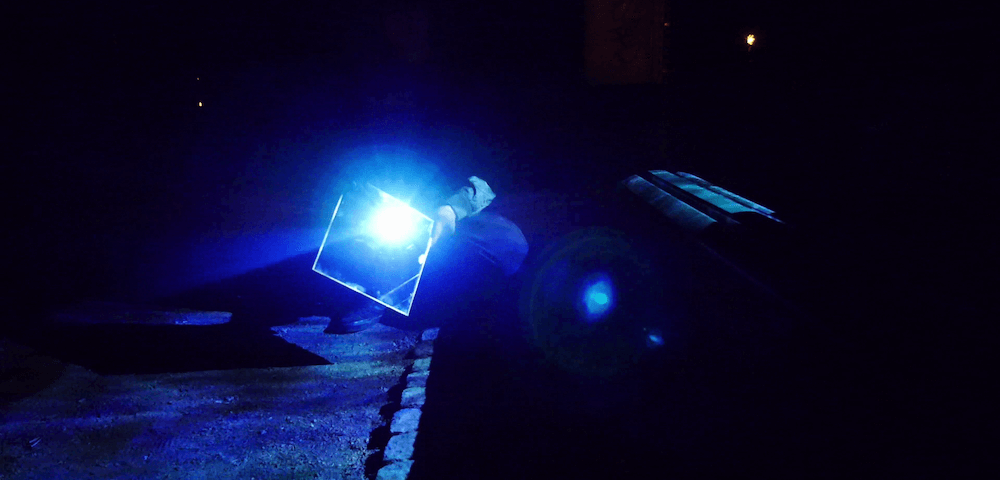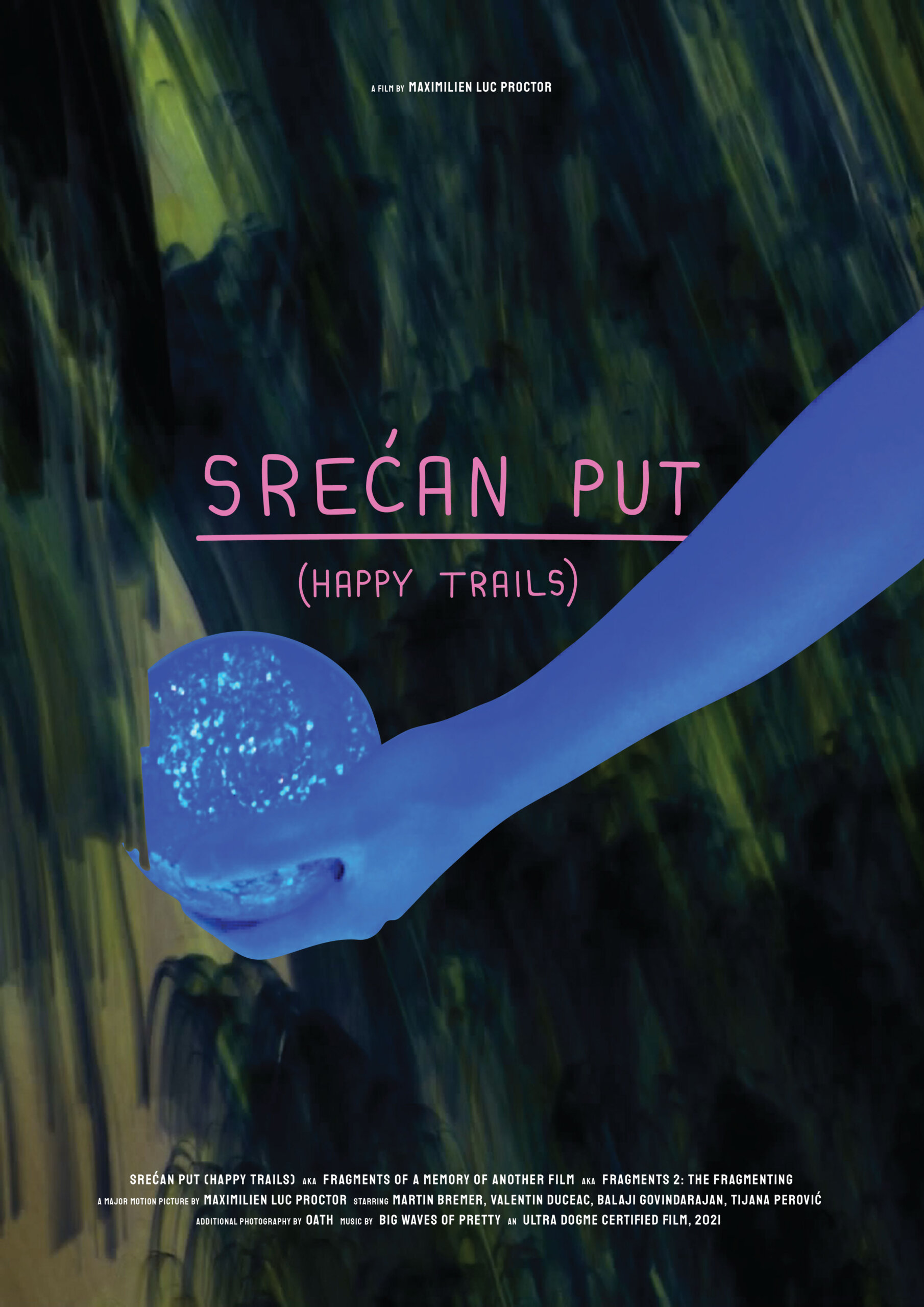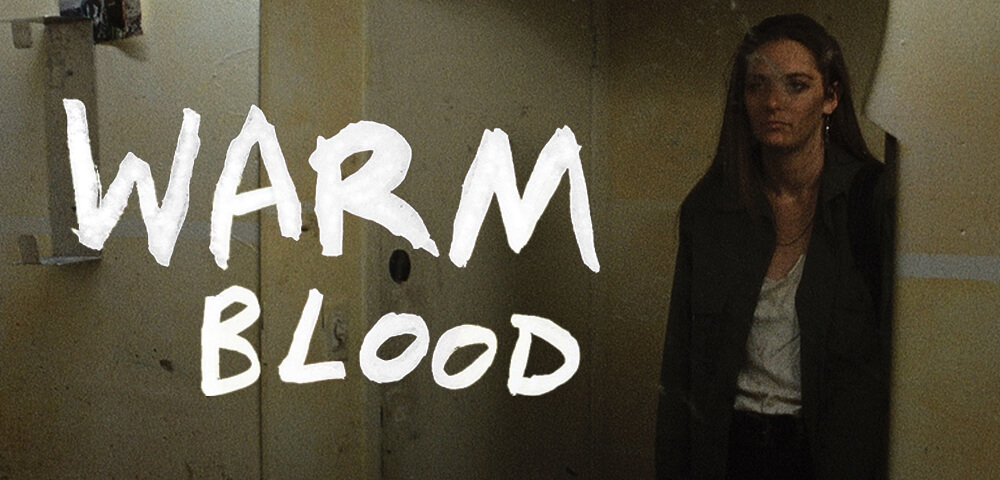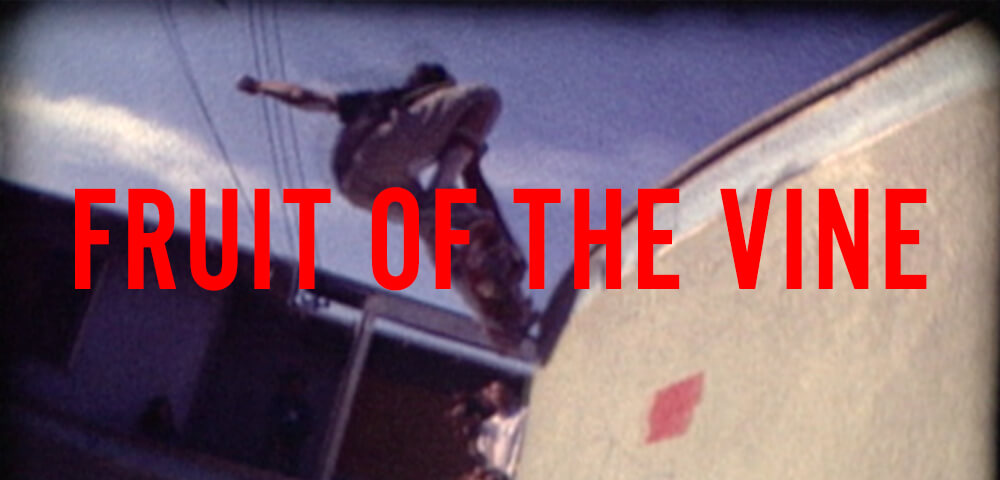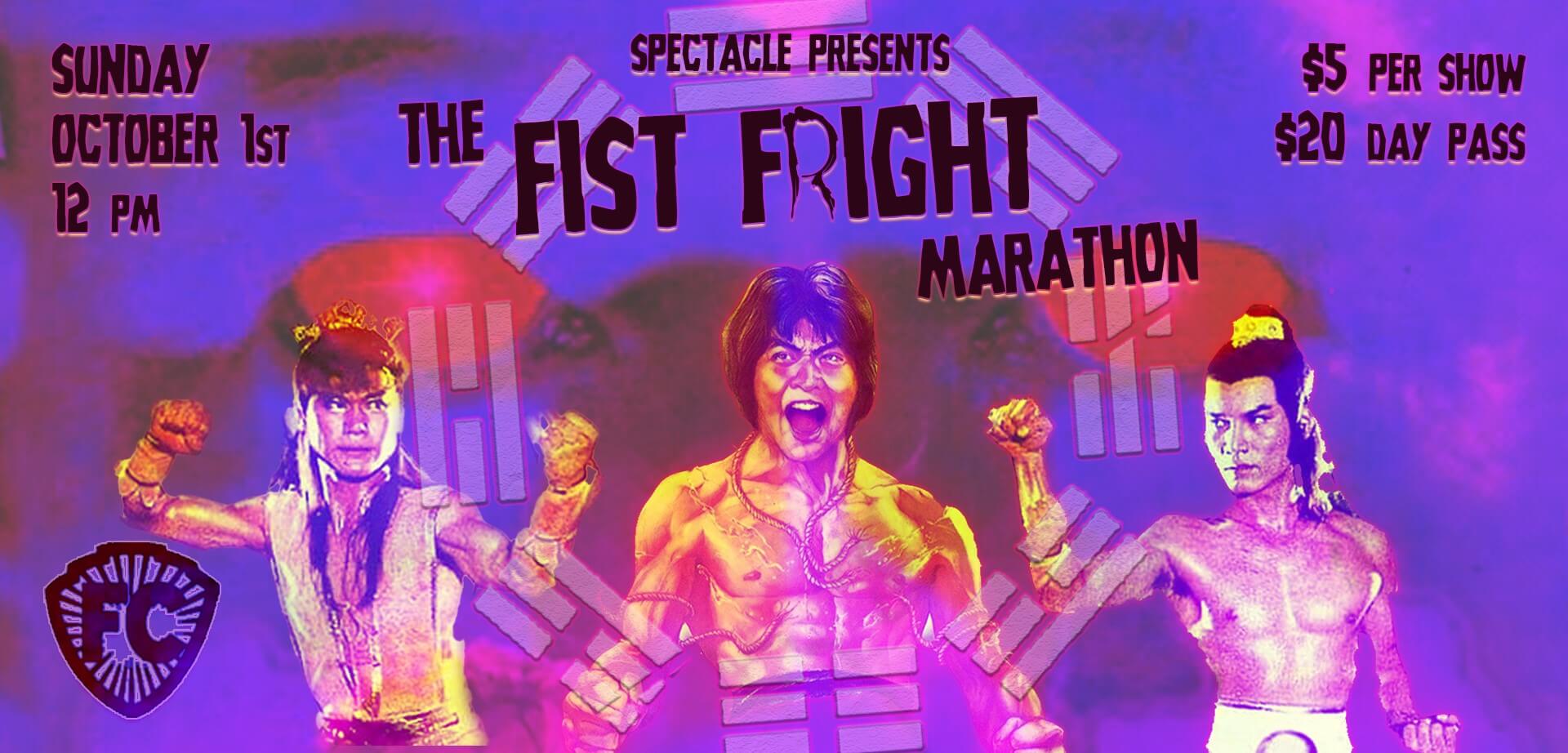
Kicking off SPECTOBER 2023, Spectacle Theater is thrilled to present the FIST FRIGHT marathon. Join us on Sunday, October 1st for an all-day installment of Fist Church, featuring SIX of the bone chilling-est, back breaking-est, vampire hopping-est kung fu and wuxia horror flicks we have to offer.
Tales of zombies, vampires, and all varieties of vengeful undead had been staples of Chinese folklore for centuries, but this type of jiangshi fiction rarely crossed over into the martial arts fare that anchored regional film industries throughout the 1960s and 70s. That changed in the early 1980s with the release of Sammo Hung’s hugely popular action-horror-comedy hybrid, ENCOUNTERS OF THE SPOOKY KIND, delivering top-tier action choreography while catering to audiences’ growing appetite for the type of horror and slasher fare coming in from abroad.
In the wake of its success, independent studios across the region leapt (hopped?) on the jiangshi trend. The decades that followed would see some of the wildest kung fu and wuxia concepts ever put to film, with witches & warlocks, hopping corpses. electrified skeletons, warrior spirits, necromancing ninjas, psychotic swordsmen, and infernal felines becoming common sights even beyond the Category-III circuit.
This mystery meat marathon of black belts and black magic kicks off Sunday, October 1st at NOON, and continues late into the evening. Tickets are $5 per screening, or you can grab a full day pass in advance for $20! Screening times and programming hints are below:
ADVANCE DAY PASSES ON SALE NOW!

12:00 PM
XXXX XX XXXXXX
dir. XXX XXXX, 1981
Hong Kong. 79 min.
In English (dubbed).
Our afternoon kicks off with a feature that tells everything you need to know about it with just its title…
A wickedly paced action-comedy from a former Shaw Bros. Studios mainstay, about a martial artist responsible for the imprisonment of a local criminal. The criminal soon returns, enlisting a Taoist priest to resurrect a gang of undead in an elaborate plot to get revenge on his captor.

1:30 PM
XXXX XX XXXX XXXXXX XXX XXXXX
dir. XXX XXXX, 1982
Hong Kong. 89 min.
In English (dubbed).
Our second feature is a companion-ish piece to the first, featuring much of the same cast but with amped-up choreography courtesy of the late Alan Chui.
Each year, during the seventh month of the lunar calendar, spirits of the dead are permitted to walk the Earth to seek out avenues to reincarnation. A young martial artist is visited upon by the ghost of his father, who claims he was killed by an evil wizard, setting our hero on a quest for revenge against the supernatural kung fu master. (Includes special guest appearance by Dracula!)

3:00 PM
XXX XXXX XXXXXX XX XXX XXXX XXXX
dir. XXXX XXX XXXX-XX, 1991
Hong Kong. 92 min.
In Cantonese with English subtitles.
We jump forward to the early 90s and a radically different horror movie landscape. One colored as much by the self-referential humor of JASON LIVES and EVIL DEAD as it was the jiangshi template set by ENCOUNTERS and the MR. VAMPIRE franchise.
From the director of one of most face-melting wuxia spectacles ever made comes this mystical martial arts gore-fest with a hard Cat-III rating. When a professor (and future global superstar) and his class are attacked by a vicious monster, the professor escapes only find himself blamed for the death and dismemberment of his students. As the corpses pile up, he realizes he must take matters into his own hands to track down the monster’s sinister origins.
Practical gore effects, jaw-dropping wire-fu stunt work, and an equally jaw-dropping amount of nudity combine for what may be the first bona fide kung fu trash-horror masterpiece.

5:00 PM
XXXXXXXX XXXXXX
dir. XX XX, 1992
Hong Kong. 91 min.
In Cantonese with English subtitles.
The star and main character of Hong Kong’s most beloved jiangshi series makes another John Munch-like foray into an entirely unrelated movie.
Western and Chinese vampire mythology collide in this story about a small-town Christian priest whose church is haunted by the evil vampire spirit of a priest who died there long ago. Together, he and a local Taoist priest must set aside their religious and cultural differences to stop the vampire from infecting the entire town.

7:00 PM
XXXXX XXXXXX
dir. XXX XXX-XXX, 1984
Hong Kong/Taiwan. 89 min.
In Mandarin with terrible English subtitles.
Our penultimate feature gets back to basics for a lean, mean piece of Taiwanese kung fu-horror mayhem.
An imperial bodyguard and a bounty hunter join forces to take down an evil Taoist mystic, well versed in an ancient and mysterious form of martial arts. They team up with a young boxer on her own quest for vengeance over the death of her father. Together, the three must use every skill at their disposal, human or demon, to defeat the wizard’s dark forces.

9:00 PM
XXX XXXX XXXXXX
dir. XXXXX XXXX, 1984
Hong Kong. 99 min.
In Mandarin with English subtitles.
Our evening concludes with the crown jewel of our marathon: A late career masterpiece by a longtime industry titan.
A loose retelling of the tale of Faust, the film follows a young martial artist who journeys to the underworld where he sells his soul to the devil in exchange for demonic powers. He hopes to use his powers to save his friend and claim revenge for (you guessed it) the death of his father, but little does he know that with great power comes a great, insatiable thirst for blood.
Stellar choreography, superb practical effects, a host of familiar faces, and a healthy dose of experimentation make for a fitting culmination to one of the greatest, most prolific careers in Hong Kong film history. A criminally underseen must-watch for fans of horror, kung fu, jiangshi, wuxia, and everything in between.

